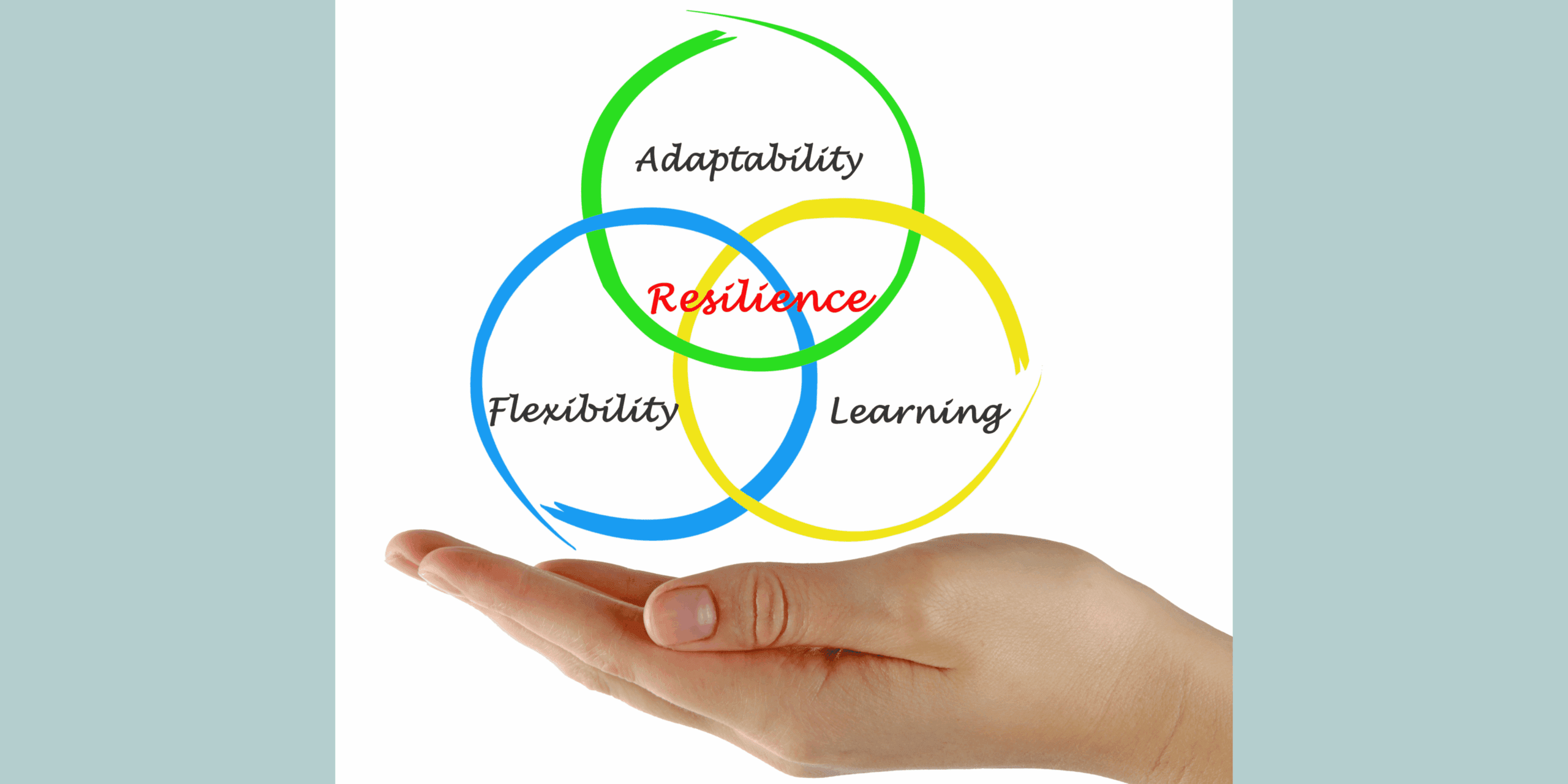Resilience is an essential trait for long-term career success, helping you navigate challenges, adapt to change, and thrive in a competitive job market. Whether you’re facing job loss, workplace stress, or career transitions, building resilience can empower you to overcome obstacles and continue progressing in your career. In this blog, we’ll explore practical strategies for developing resilience in your professional life.
Embracing Change and Uncertainty: The ability to embrace change is a cornerstone of resilience. In today’s fast-paced work environment, being open to new challenges, learning opportunities, and even setbacks can help you grow both personally and professionally. Rather than fearing change, view it as a chance to innovate, adapt, and explore new possibilities in your career.
Maintaining a Growth Mindset: A growth mindset – the belief that your abilities can be developed through dedication and hard work – is crucial for resilience. By focusing on learning from experiences, rather than being discouraged by failures, you can continue to improve and adapt. Embrace challenges, seek feedback, and use setbacks as learning opportunities to enhance your skills and advance your career.
Building a Support Network: Having a strong support network is vital for building resilience. Surround yourself with mentors, colleagues, and friends who can offer guidance, encouragement, and perspective. A support network can provide emotional support during tough times and offer practical advice on navigating career challenges.
Practising Self-Care and Stress Management: Resilience also involves taking care of your physical and mental well-being. Regular exercise, a healthy diet, and adequate sleep are fundamental to maintaining energy levels and managing stress. Additionally, practices like mindfulness, meditation, or even hobbies can help you recharge and stay focused, especially during high-pressure situations.
Setting Realistic Goals and Prioritising: Setting realistic and achievable goals is an important part of maintaining resilience. Break down your larger career objectives into smaller, manageable tasks. Prioritise your goals based on what’s most important to you, and focus on achieving them step by step. This approach prevents overwhelm and keeps you motivated, even when progress seems slow.
Learning from Setbacks: Everyone encounters setbacks in their career, whether it’s a failed project, a missed promotion, or even job loss. The key to resilience is learning from these experiences rather than being defined by them. Reflect on what went wrong, identify lessons learned, and use this knowledge to improve your approach in the future.
Building resilience is an ongoing process that involves embracing change, maintaining a growth mindset, nurturing a support network, practising self-care, and learning from setbacks. By developing these strategies, you can strengthen your ability to navigate challenges and achieve long-term success in your career. Remember, resilience is not about avoiding difficulties, but about how you respond to them – and ultimately, how you grow from them.





